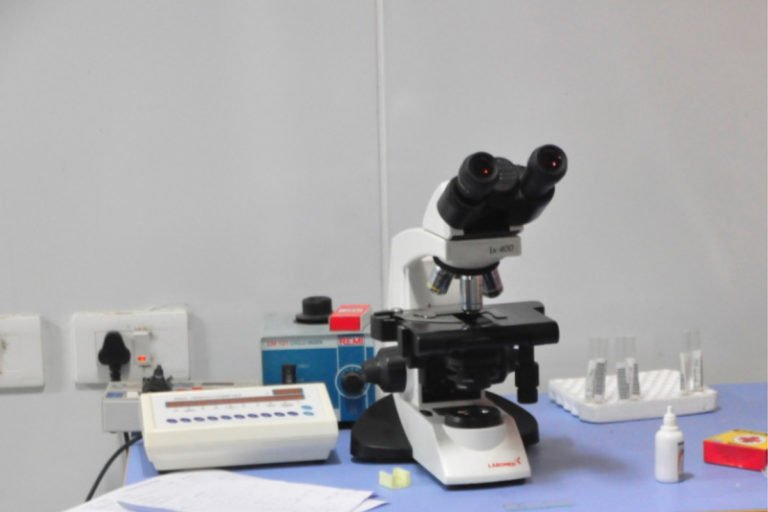That Nigeria needs to diversify her economy is like music to the ears of many. We have been singing this tune long enough to understand how to make success of diversifying Nigeria’s economy. Alas, we are still here, planning and praying perpetually. In the wake of the current economic recession, R&D is the way to go if we are ready to appropriately diversify our economy, especially our exports, and compete globally.
This piece does not intend to focus on how we have failed thus far to diversify our economy with respect to export; rather my purpose is to illustrate how research and development are such a big deal to economic diversification and competitiveness.
In the recent past, nothing illustrates more vividly the importance of Research & Development to economic development than the Tuta Absoluta (tomato leafminer) attack in the northern Nigeria. Perhaps we equally remember the failure of Cassava bread? Since the return of democracy in 1999, Agriculture has attracted the most attention as one of Nigeria’s brightest chances of achieving economic (export) diversification. However, interests peaked under Akinwumi Adesina, ex minister for Agriculture. Following the coming on stream of some good policies and distinct strategic plans, a number of Nigerians keyed into this sector, investing at different levels of the agriculture value chains.
Dangote in his characteristic manner invested about $20 million in setting up Dangote Tomato Processing Factory with daily production capacity of 1,200 metric tons of tomato paste. With a few others producing same quantity, Nigeria was to become a net exporter of tomato paste. But, like we did not do enough research on the Cassava bread, we obviously failed again to build a strong research base to support the tomato industry value chain. Unfortunately, the Tuta Absoluta struck unannounced, destroying tomato farms in 6 States. Consequently, Dongote’s $20 million factory was shut down after only about 2 months in operation. Painfully, the entire tomato paste industry development and its allied industries were put on reverse gear. The economic implication of this set back is unimaginable.
And here is an excerpt of statement credited to the Governor of one of the affected States, Kaduna, Mallam El-Rufai: “…We understand that they use a plant extract to take care of this problem. But we do not have that knowledge yet… We expect them to return very soon with short and medium-term solution.” So what is the long term solution one might ask?
The fact is, every industry will always face challenges no matter how much capability exists. But for a country to fail to do the basic minimum over and over again for an industry that holds huge economic benefits is more than unforgiveable. The research faculty of the university communities that exist within the tomato farming regions of the country would have been challenged with the responsibility to provide research support to the tomato industry, to be specific. Strong government-industry-academia partnership remains critical to overcoming several economic challenges facing this country.
To further drive home my points above, I beg to draw your attention to the role George Washington Carver, a Tuskegee University professor, played in solving America’s agriculture challenges in the early 1900s. Professor Carver employed his agriculture research capability to help Southern part of the USA develop the peanut industry as an alternative to the then weevil-plagued cotton farming business. In fact, United Peanut Associations of America (private sector) invited Dr. Carver (an academic) to make a presentation on their behalf before the USA House Committee on Ways and Means (government) on the 21 January 1921. Before the committee Prof. Carver tasted a chocolate-coated peanut bar, one of many products he made out of peanut.
At the end of nearly a 2-hour engagement, the Association got their bidding – a support to word off competition from ‘Chinese planters and Japanese processors’, which at that point ‘were shipping some 30 million bushels of peanuts’ annually to the USA.
What was equally an interesting fallout from the presentation made by Dr. Carver was that the chocolate-coated peanut bar he tasted, in my opinion, 9 years later inspired a product, Snickers (1930). Presently Snickers is worth over $2 billion in annual global sales.
Further still, here is another twist to my illustration of the importance of R & D to economic diversification – I don’t mind over emphasizing this point. 2015 analysis of the World Intellectual Property Organisation intellectual property data shows that the top 10 countries with respect to number of applications and share of world total are: USA(26.3%), Japan(20.3%), China(13.79%), Germany(8.3%), Republic of Korea(6.7%), France(3.9%), UK(2.4%), Netherlands(2%), Switzerland(2%) and Sweden (1.8%). No wonder these countries are economic are the leading economies. The simple explanation is that you can neither, as a country, compete nor diversify effectively without a strong research and development base. A mere 3 billion naira national research fund available for R&D makes mockery of what other countries are spending. And a poor industry R&D fund in Nigeria is such a shame.
Again, it may not be the fact but it sure did make a lot of sense – it was in the public domain that one of the reasons Nigeria was not able to procure military wares from Israel during President Goodluck Jonathan’s era was because of a constraining Intellectual Property agreement Israel signed with the USA, the right owners to the technology, governing the use of such weaponry. Yes! Intellectual Property is such a big deal. Any need to continue? The point is made. It is!



